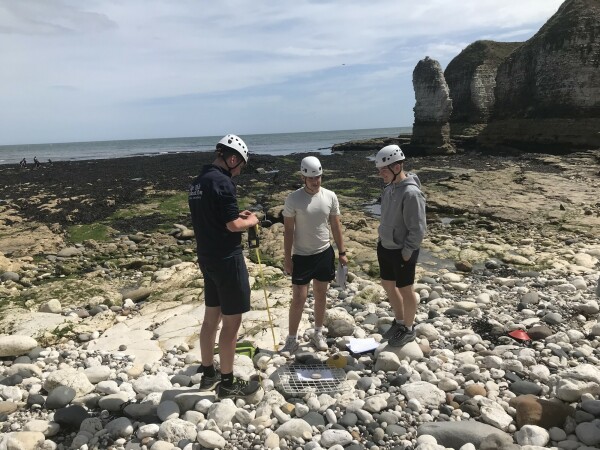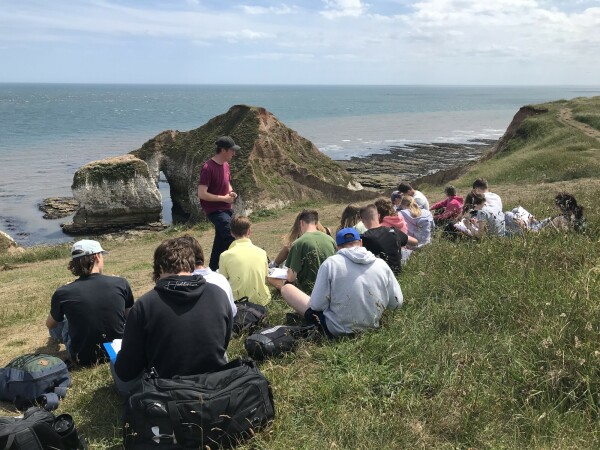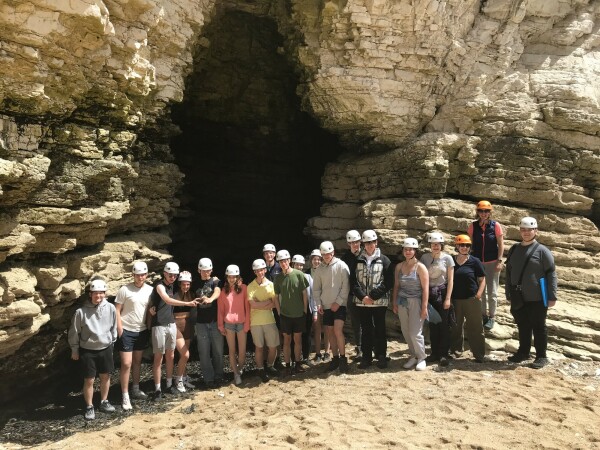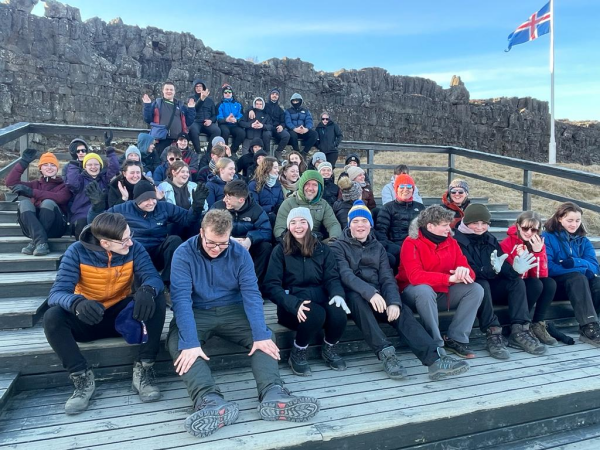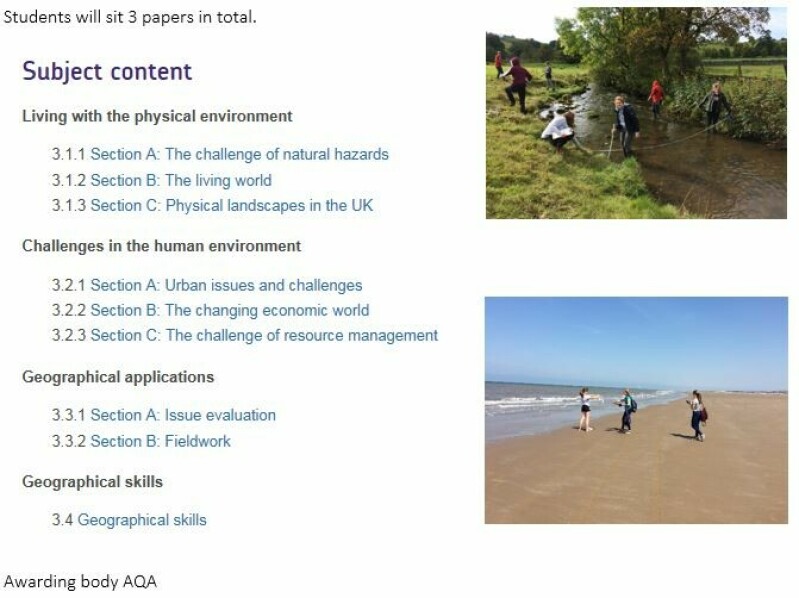A-Level Geography requires a more sophisticated skills set than at GCSE. Students can improve on existing skills with staff support and maintain them through independent study. Independence is actively encouraged at A-Level. Students are encouraged to use social media to build on and develop learning that has taken place in class. Students will study a range of topics, which prepare them for further study in both the BSc and BA routes. Skills and knowledge developed in Geography lessons can be invaluable in the work place. Topics include the in-depth study of coasts, globalisation, superpowers, health and human rights, hazards, carbon cycle and regenerating places.
Course Requirements
5 GCSEs at grade 5 or above, which must include GCSE Geography, Maths and English.
Where a student has not previously studied Geography, each case would be looked at individually
“Geography has allowed me to gain skills that other subjects don’t! It has given me a good grounding in to world events like population change, and I can’t wait to learn more about it!”
Awarding Body
Edexcel
Useful Website
http://qualifications.pearson.com/en/qualifications/edexcel-a-levels/geography-2016.html
Course Description
This two-year course offers an issues-based approach to studying Geography, enabling students to explore and evaluate contemporary geographical questions and issues such as the consequences of globalisation, responses to hazards, water insecurity and climate change. It gives students the opportunity to develop an in-depth understanding of physical and human geography, the complexity of people and environment questions and issues, and to become critical, reflective and independent learners.
Assessment Procedure
Paper 1
Written examination: 2 hours and 15 minutes; 30% of the qualification; 105 marks
Tectonic Processes and Hazards, Coastal Landscapes and Change, The Water Cycle and Water Insecurity and The Carbon Cycle and Energy Security
Paper 2
Written examination: 2 hours and 15 minutes; 30% of the qualification; 105 marks
Globalisation, Regenerating Places, Superpowers and Health, Human Rights and Intervention
Paper 3
2hrs 15 minutes; 20% of the qualification ; 70 marks
An externally assessed written examination comprising 3 sections. A resource booklet will contain information about the geographical issue.
Paper 4
Independent Fieldwork investigation
Non examined assessment; 20% of the qualification; 70 marks
Internally marked, externally moderated.
3000-4000 words.
Equipment and Additional Costs
Fieldwork is an essential element of the course and students will be expected to make financial contributions towards a UK residential trip in year 12. Students are encouraged to buy the A-Level textbook.
To support students with their NEA in year 13, we visit a residential field centre near Malton during the summer term of year 12 for 2 days.
A non –compulsory visit to Iceland is organised within the department as enrichment and is scheduled to run in the academic year 2021/22.
Progression
Geography offers routes into both BSc and BA courses in Higher Education.
Staff Names and Roles
Mrs R Whitaker – Subject Leader Geography
Mrs R Craig – Geography Teacher, Head of Year
